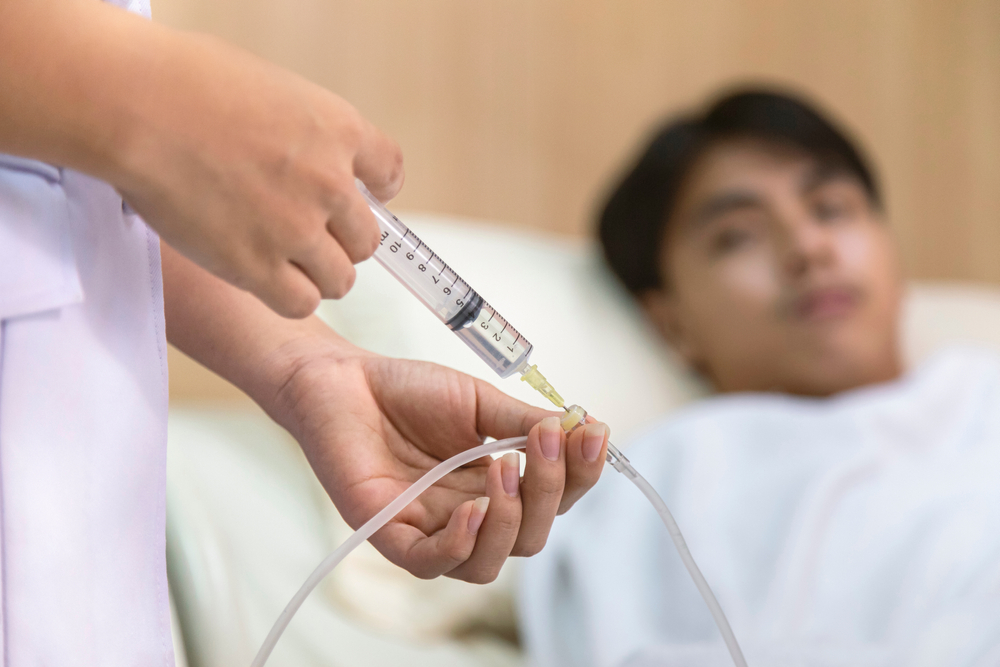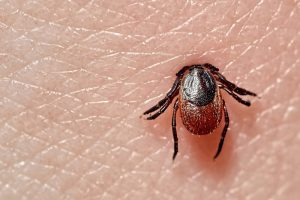Exploring the Frontier: How Ketamine Treatments are Shaping a New Approach to Clinical Depression
Ketamine treatment for clinical depression has emerged as a promising alternative to traditional antidepressants. Known primarily as an anaesthetic in medical settings and a recreational drug in others, ketamine now finds itself at the vanguard of depression treatment research.
A New Horizon for Treating Depression
Traditional antidepressants like SSRIs (selective serotonin reuptake inhibitors) have dominated the treatment landscape for decades. These medications often require weeks to become effective and come with their own set of side effects.
Ketamine: A Mechanism of Action Unlike Any Other
Ketamine operates on a different neurotransmitter system than traditional antidepressants like SSRIs, which primarily target the serotonin system. Instead, ketamine acts on the glutamate system, specifically by blocking the N-methyl-D-aspartate (NMDA) receptor. This blockage leads to a cascade of events in the brain that eventually result in increased synaptic plasticity—essentially, the ability of brain connections to grow and change.
Administration Forms: IV, Nasal Spray, and Oral
- Intravenous (IV) Administration: The most studied form of ketamine administration for depression is through intravenous infusion. Patients receive a controlled dose in a clinical setting, often observing immediate or rapid relief from depressive symptoms.
- Nasal Spray: Esketamine, a derivative of ketamine, can be administered via a nasal spray. The advantage of this form is that it’s less invasive than IV administration, but still provides quick relief.
- Oral Administration: Less common and still under investigation, oral ketamine is currently being explored for its efficacy in treating depression. It offers the most convenient form of administration, but has not yet been widely adopted due to ongoing studies on its effectiveness and appropriate dosage.
Esketamine: A New Frontier in Singapore
In May 2021, Singapore approved the use of esketamine, a modified form of ketamine, in clinical settings specifically for treating MDD patients who have not responded well to other therapies.
Administered via a nasal spray, esketamine has already been used to treat two patients in the country. The spray, manufactured by Johnson & Johnson, received approval from Singapore’s Health Science Authority in the previous year and has demonstrated quick and significant reductions in depressive symptoms in patients.
Ongoing Clinical Trials and Treatment Resistance
Moreover, a clinical trial led by Dr. Johnson Fam at the National University Hospital, in collaboration with the Institute of Mental Health (IMH) and Singapore General Hospital, is ongoing to explore the effectiveness of oral ketamine for treatment-resistant depression.
Eligibility for the trial includes no history of substance abuse, among other criteria. Interestingly, IMH research has revealed that up to 50% of patients with MDD are resistant to existing treatments.
Ketamine Treatments: A Global Perspective
In March 2019, the Food and Drug Administration in the United States approved Spravato, a nasal spray containing esketamine, for adults suffering from treatment-resistant depression.
Recent studies have primarily focused on intravenous (IV) administration of ketamine. A study published in the American Journal of Psychiatry found a significant reduction in depressive symptoms within 24 hours. Another study published in The Lancet Psychiatry highlighted the effectiveness of ketamine even in treatment-resistant depression cases.
Economic Considerations
The cost of ketamine treatment also warrants discussion. In Singapore, a patient undergoing esketamine nasal spray treatment may expect to pay around $6000 to $8000 a month, with a recommended treatment duration of six months. These economic factors could impact the accessibility of this novel treatment for various patient demographics.
Cautionary Notes and Legal Ramifications
Despite the optimistic results, experts like Psychiatrist Thomas Lee and Dr. Adrian Wang advise caution. They point out that patients should only be considered treatment-resistant after all other forms of treatment, including psychotherapy and family therapy, have been tried.
References
- Ketamine for depression: where do we go from here? – PubMed. (2012, October 1). PubMed. https://doi.org/10.1016/j.biopsych.2012.05.003
- Rapid and longer-term antidepressant effects of repeated ketamine infusions in treatment-resistant major depression – PubMed. (2013, August 15). PubMed. https://doi.org/10.1016/j.biopsych.2012.06.022
- Real-world effectiveness of ketamine in treatment-resistant depression: A systematic review & meta-analysis – PubMed. (2022, July 1). PubMed. https://doi.org/10.1016/j.jpsychires.2022.04.037
- Ketamine Approved To Treat Major Depressive Disorder With SGH As Trial Site. (2021, May 10). https://www.sgh.com.sg/news/research/ketamine-approved-to-treat-major-depressive-disorder-with-sgh-as-trial-site












